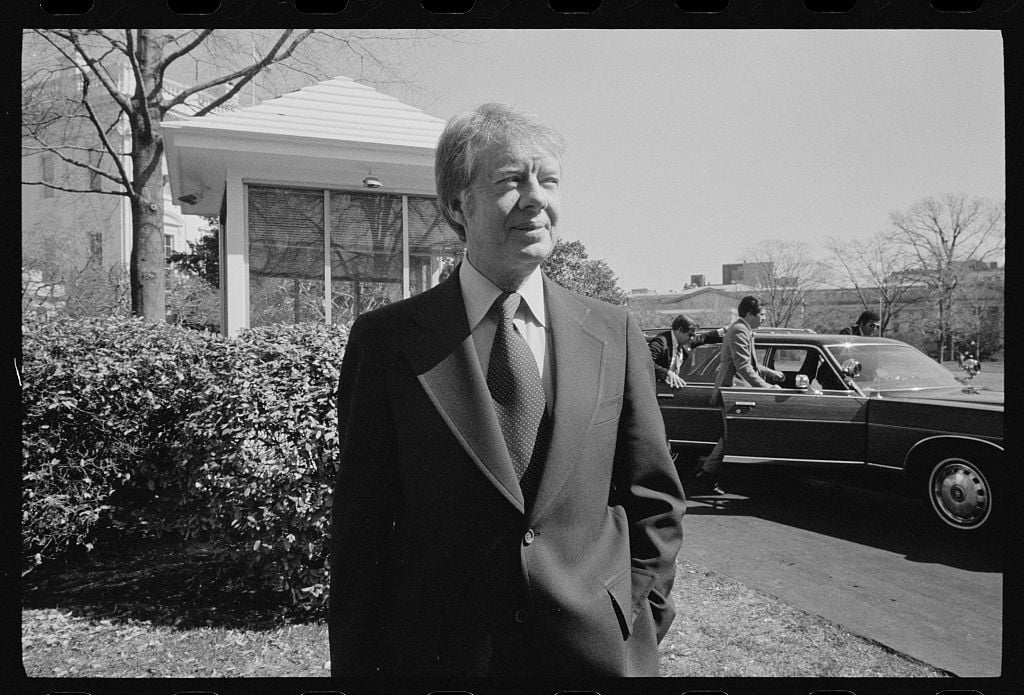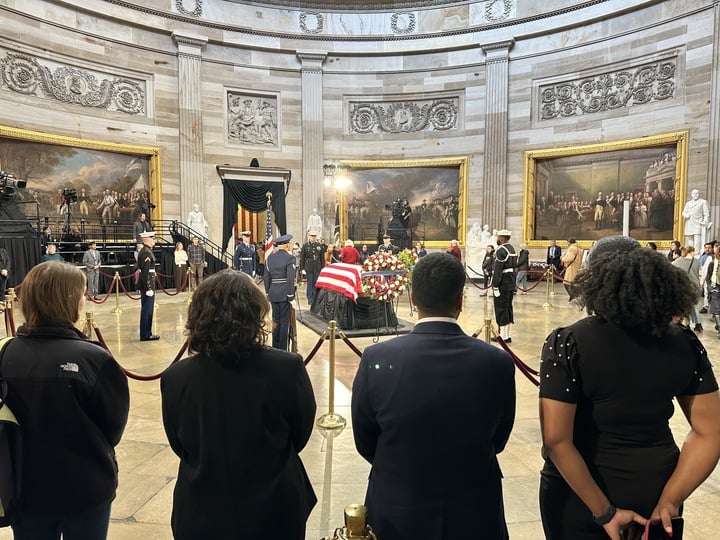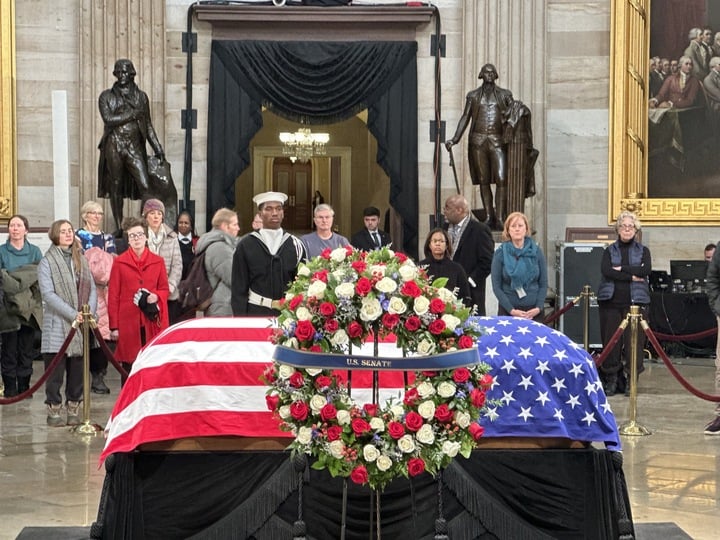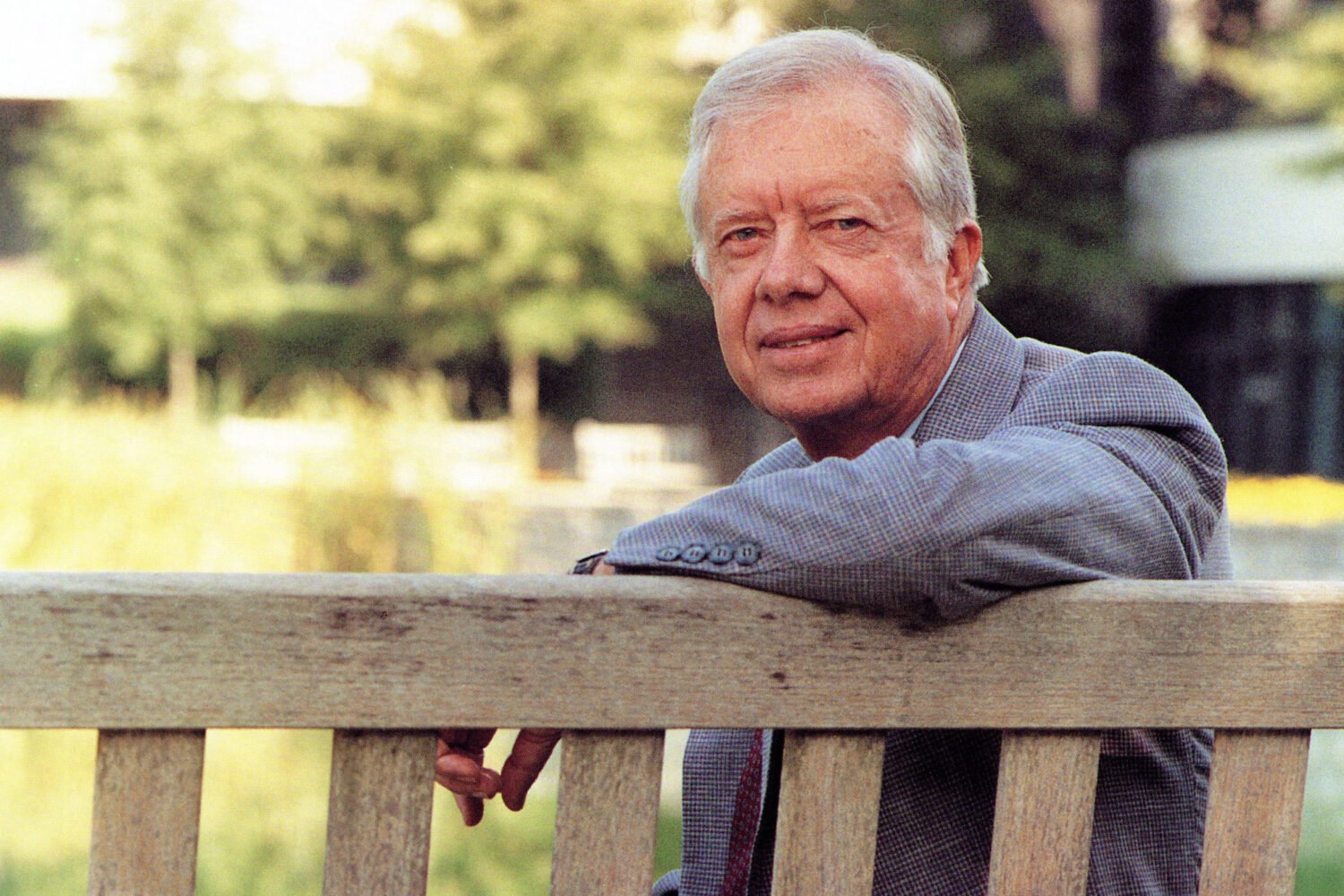Jimmy Carter was born on October 1, 1924, at the Wise Sanitarium in Plains, Georgia. He was the first US President to be born in a hospital. The First World War had ended a few years before Carter was born, Prohibition was the law of the land, and life expectancy for American men was 58. As Carter turns 100 this morning—the first former President to do so—here’s what, according to the Washington Post archives, was going on around DC at the time of his birth.
It was an election year
A thus far “listless campaign” was beginning to heat up, the Post reported. President Calvin Coolidge, a Republican who took office the year before following Warren Harding’s death, faced Democratic challenger John W. Davis and Progressive Party candidate Robert La Follette. Democrats, the Post reported, hoped the race would end up a tie because they thought Congress would anoint Davis. Tariffs were a big issue of the day—Democrats wanted to lower them. Meanwhile, Republican Senator Smith W. Brookhart of Iowa called for GOP vice presidential candidate Charles G. Dawes to drop out of the race, complaining in a letter to the national party that the Ohioan “started out like a bold-faced ‘plutogog‘ but his discourtesy and ungentlemanly language reduced him, in his own vocabulary, to a mere ‘pee-wit plutogog.’ ” Arlington’s Republican club—yes, that’s right—announced a rally in Cherrydale with the animating slogan “Coolidge or chaos.”
The Nats were in the World Series
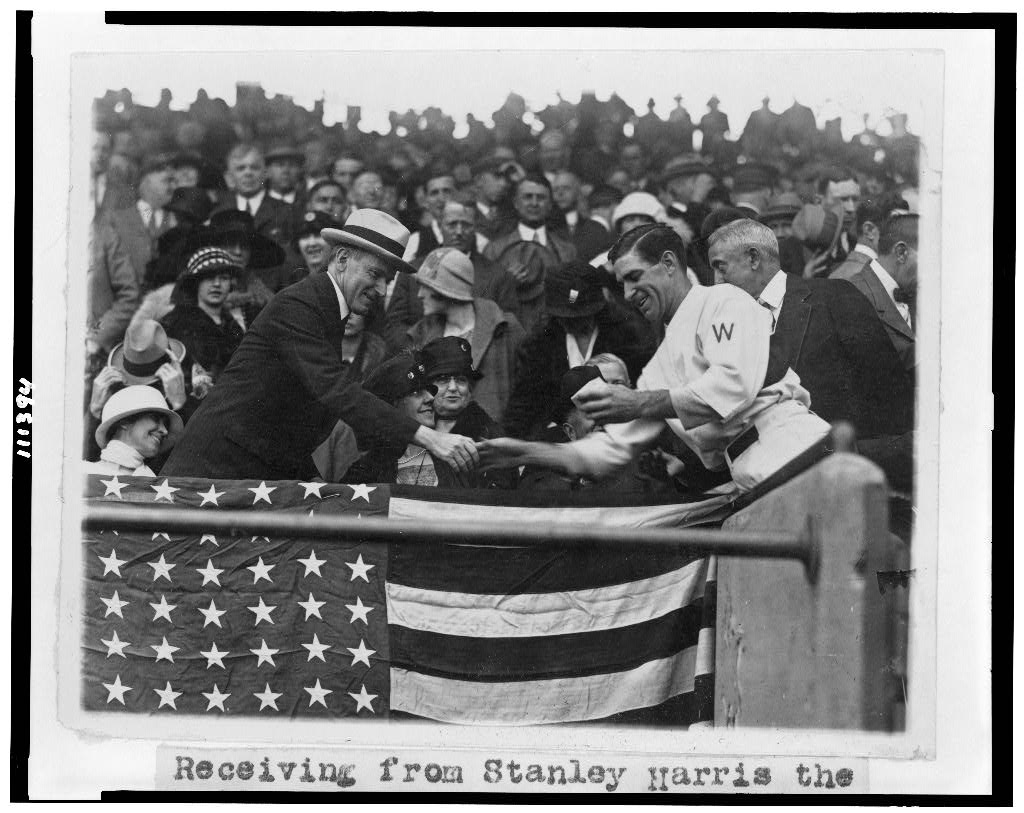
The Washington Nationals were due to face the New York Giants in a few days. Seats at Griffith Stadium were hard to come by: “Hundreds of applications for tickets continued to reach the office of the baseball club yesterday,” the Post reported. Many people from Coffeyville, Kansas, were planning to make the trip to Washington to see hometown hero Walter Johnson pitch. Saks & Co. donated shoes to the players; the Raleigh Haberdashers announced they’d provide hats. “All of Washington, most of Maryland, Virginia and other parts of the South want to see the Nationals battle the Giants,” baseball commissioner Judge Kennesaw Mountain Landis told the paper. The Nats closed out their regular season play with a comical 13-1 loss to the Boston Red Sox. Scandal struck on October 1: Landis banned a Giants player and coach from the series after it emerged that they’d unsuccessfully tried to bribe a player on the opposing Philadelphia Phillies to throw a game during the league championship series.
Local news
• Three Montgomery County policemen were suspended after they handcuffed a suspect to an iron pipe and beat him with a rubber hose.
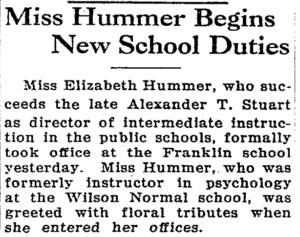
• Naval Academy Midshipman Edward J. Triebe was expelled after he attempted to smuggle “30 quarts of liquor” aboard the battleship New York while it visited Gibraltar.
• Elizabeth Hummer took office at Franklin School and was “greeted with floral tributes.”
• The Post noted that the insurance policy it offered readers—a $2,500 accident policy—cost only $1.50 a year, “so trifling a sum.”
The lifestyle pages
- Cecil B. DeMille’s film The Ten Commandments caused “queues extending in the afternoon along E street and at night the length of the long block” near the National Theatre, where it played. “At each of the performances so far there has been loud applause of the spectacular scenes,” the paper reported, “exactly like the big salvos of handclapping that favorite flesh-and-blood stars receive.”
- Liquor in the Mexican city of “Tia Juana” was not to be trusted, the paper reported. Meanwhile, up north, Canada hoped to strike a deal with the US that would allow it to transport liquor across Alaska in return for ratting out Americans who bought large quantities of liquor north of the border.
- Martin Weber of 922 K Street, Northeast, applied for a limited divorce from his wife, Mary E. Weber of the Department of Labor, whom he claimed “stripped their home of furnishings” when she departed to “some place unknown to him.” He asked the court for his furniture back.
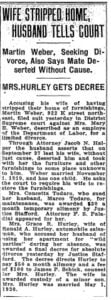
- The day after Carter was born, the paper offered advice for the elderly—people 45-64—who worried that they might keel over if they continued to work after being diagnosed with heart disease. “As a matter of fact, very few people with heart disease drop dead,” Dr. W.A. Evans advised.

